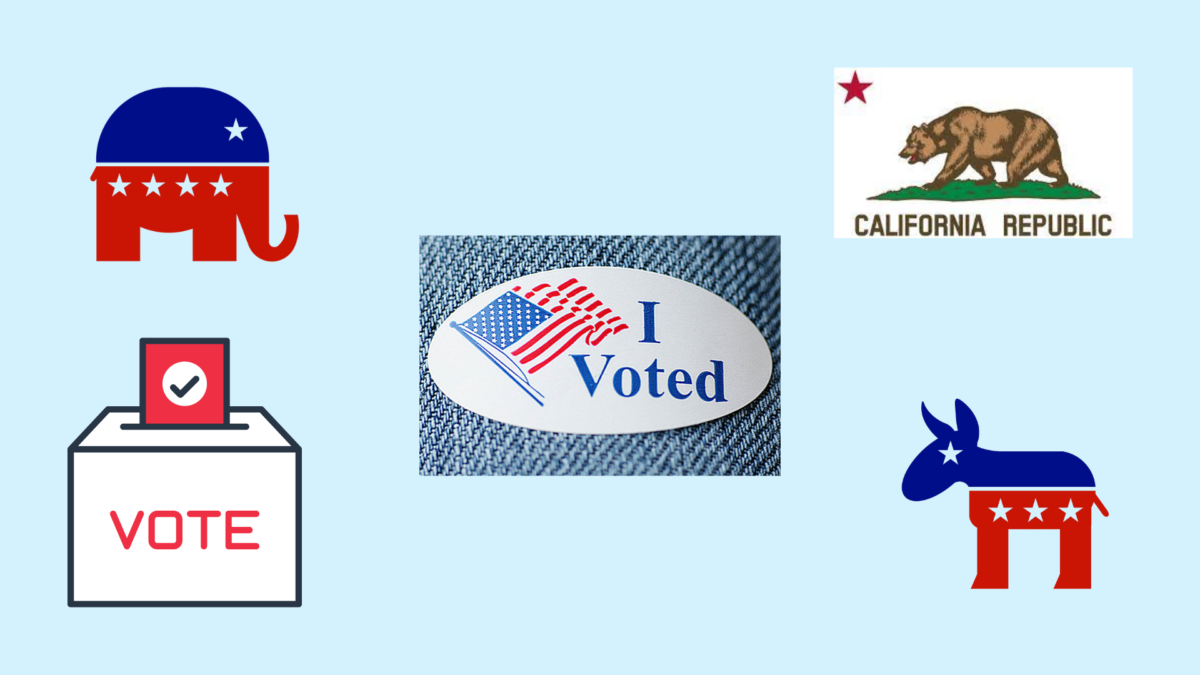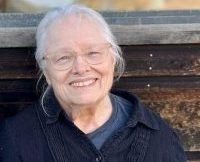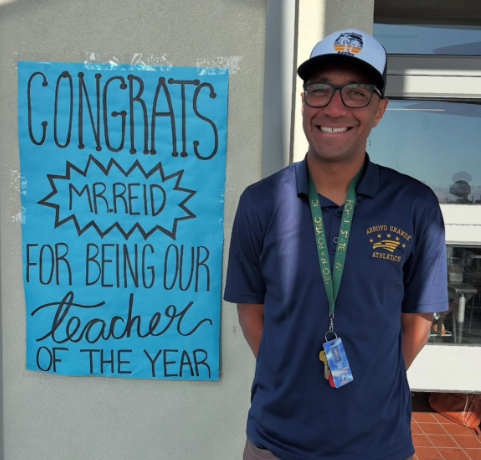As 2023 nears its final months, the 2024 presidential election is on the horizon. And while many experienced voters are ready to cast their ballots, a large group of young voters ages 17 and 18 will vote for the first time this election.
Ethan Barnes (‘24) is the president of AGHS’s Young Progressives club, and emphasizes the value of young people taking part in the upcoming elections.
“The more people engaging in our democratic society, the better,” Barnes said. “It doesn’t matter how they are voting, just that they are able to make their voices heard.”
The process of voting may be daunting, but registering to vote is the first step to casting a vote for the future of America, and gaining awareness of how the political system works. To fully understand why every vote matters, it’s helpful to understand the steps and deciding factors that determine what happens on Election Day.
Caucasus, primaries, and general elections:
Caucasus: Caucuses are private meetings run by specific political groups or potential candidates. Voters are grouped by the candidate they support, and undecided voters form their own group. These meetings allow voters to decide what candidates are backed by their political party and can represent their political party in the primary election, and happen in California at a country or district level.
Primaries: Primary elections are run through state and local governments to choose presidential candidates for political parties. California currently has a “modified closed primary system” for presidential elections. This means that voters vote for their top two candidates in Primary Elections, and the two candidates with the highest number of votes within a political party are elected to represent their party in the presidential election.
The current system has both benefits and drawbacks.
“One of the problems with that is the way our primary system works for presidents, typically an incumbent president if they’re running for reelection gets in by fiat,” Barnes said. “One thing that would be really good is if people would advocate more saying ‘I want other people within the primary.’”
Barnes believes that the current system limits citizen’s political freedom as there are now three democratic candidates, and 12 republican candidates. For democratic voters, there isn’t a large pool of candidates to consider, and it could lead voters to compromise democratic values, a scenario that demonstrates the importance of citizens advocating for other candidates.
General Election: Every four years, U.S. citizens vote for the next U.S president and vice president through the general election. Citizens can vote even if they didn’t vote in presidential primaries and caucasus, and no matter what party they are registered with.
Pre-registering to vote:
Those who will not be 18 or older until after the 2024 election can pre-register to vote. By pre-registering to vote, 16 and 17 year olds may complete voter registration early, giving them ample time to prepare fo the next election and consider potential candidates.
“Preregistration is actually a really great tool to use because you don’t have to worry about registering when you turn 18,” Barnes said. “The moment you turn 18, you’re registered to vote.”
Pre-registration will not allow voters to vote early, but may decrease any stress surrounding registering to vote in time, and ensures the ability to vote when the time comes.
Pre-register to vote here: https://www.sos.ca.gov/elections/pre-register-16-vote-18
Registering to vote:
Anyone 18 years or older by the November 2024 general election date may register to vote in California, and registration must be submitted at least 15 days before the desired election.
Register to vote here: https://www.sos.ca.gov/elections/voter-registration
Mail-in voting:
All active registered voters in California will receive mail-in ballots from county officials, and have the opportunity to vote by mail rather than going to the polls on election day. Voters simply fill out the information on the ballot, insert their vote into the provided envelope, and mail it to county officials.
More details of voting by mail here: https://www.sos.ca.gov/elections/voter-registration/vote-mail#vote-by-mail
California’s “Motor Voter” Law:
This a a convenient option for younger people who happen to be getting their license or are visiting the DMV for any reason. The California Department of Motor Vehicles states that “Eligible applicants completing a driver license, identification (ID) card or change of address transaction online, by mail or in person at the DMV will be automatically registered to vote by the California Secretary of State, unless they choose to opt out of automatic voter registration.” This means that anyone getting their drivers license or ID card at DMV can easily pre-register to vote at the DMV, which is convenient for many younger people.
Review the “Motor Voter” Law here: https://www.sos.ca.gov/elections/california-motor-voter
The role of young people in modern politics:
Reading up on political pieces or reviewing the websites of current presidential candidates may not be a common pastime of today’s generation of new voters. However, political awareness remains integral to being an informed citizen in today’s politically divided society. No matter what party one may identify with, every young individual can make an impact on the modern politics by voting intentionally and being informed.








